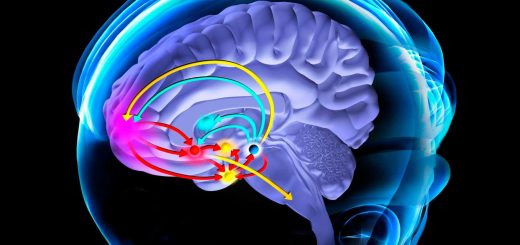We may finally know why psychological stress worsens gut inflammation
A pathway between the brain and the immune system discovered in mice could explain why prolonged stress can exacerbate inflammatory bowel disease
By Grace Wade
26 May 2023
Stress can lead to flare-ups of inflammatory bowel disease, and now we know why
Shutterstock/Sorapop Udomsri
Researchers have identified a pathway between the brain and the immune system in mice that may explain why psychological stress can worsen gut inflammation. The finding could improve treatments for chronic gastrointestinal conditions like inflammatory bowel disease (IBD).
For years, studies have shown an association between mental distress and inflammation. The connection is especially apparent in IBD or other autoimmune conditions characterised by gut inflammation, abdominal pain and intestinal damage. Even with treatment, people with IBD commonly experience symptom flare-ups when stressed.
To understand the mechanism behind this association, Christoph Thaiss at the University of Pennsylvania and his colleagues analysed mice with IBD-like symptoms. For one week, the researchers placed eight animals inside small tubes for 3 hours a day to induce stress. They then treated the mice with a chemical irritant for seven days to bring on IBD-like symptoms.
Advertisement
Read more:
How talking to your future self can improve your health and happiness
Three mice were given a drug to block hormones called glucocorticoids, which the brain signals the body to produce when it perceives distress. The researchers then performed a colonoscopy on the mice and rated gut inflammation and intestinal damage between 0 and 15, with higher scores indicating worse outcomes. Mice given the drug had, on average, a score around 5, whereas those without had a score slightly below 15, indicating glucocorticoids are important for stress-induced gut inflammation.
The researchers then performed a genetic analysis of tissue samples collected from the animals’ colons. They found that mice with persistently elevated glucocorticoids had changes in specialised neural cells called enteric glia. Glial cells help maintain neurons and communicate with many different types of cells, and they respond to stress hormones by pumping out inflammatory molecules. The enteric glia of mice with elevated glucocorticoids showed increased activity in pro-inflammatory genes.


